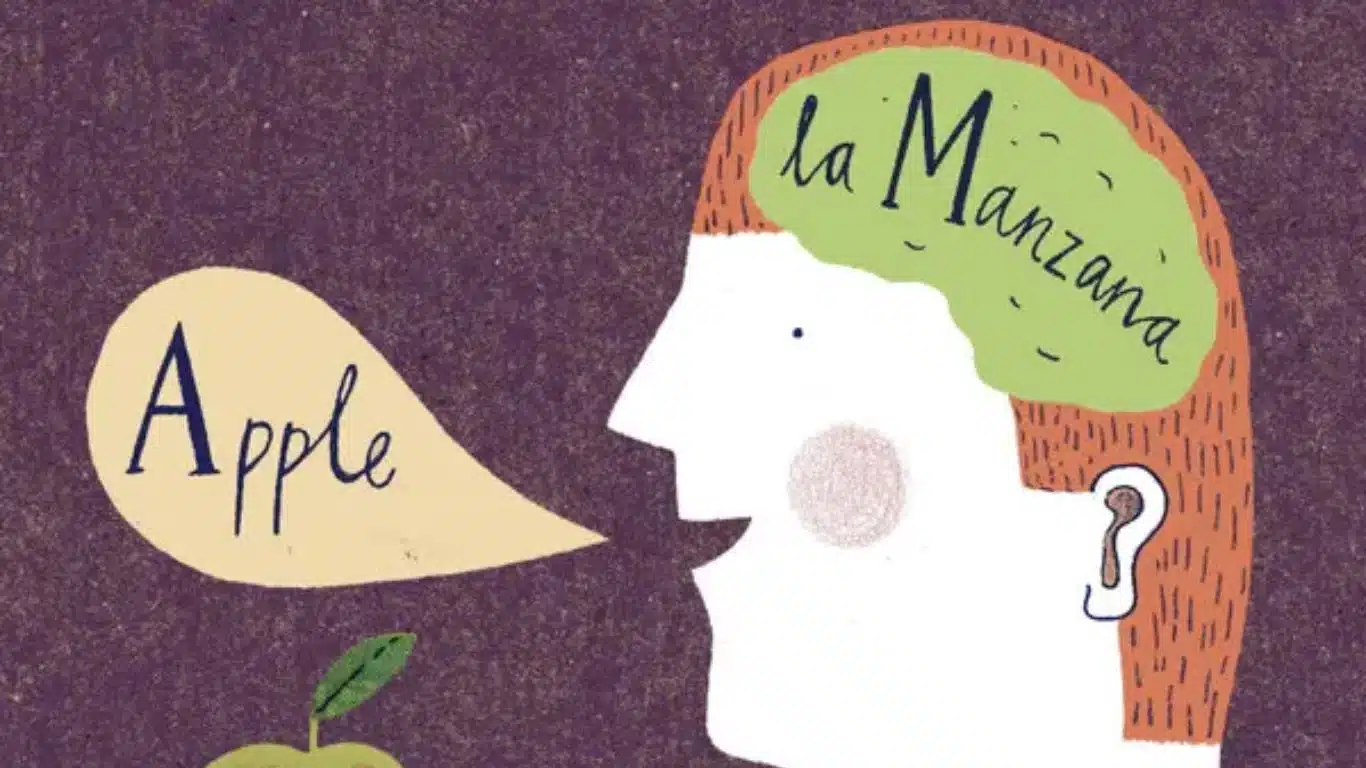- Notably, bilingualism has cognitive, social, and professional benefits.
- From a cognitive perspective, bilingualism enhances mental agility.
- Professionally, bilingualism provides a competitive edge in the job market.
- Bilingualism presents numerous advantages in your career, making you a more versatile and attractive candidate to potent…
- Bilingualism gives you an edge over monolingual candidates.
- Being bilingual in today’s globalized society isn’t just a personal asset; it’s a powerful career-enha…
In today’s globalized world, the ability to speak multiple languages has become an invaluable skill. Being bilingual not only opens up doors to diverse cultures and communities but also provides numerous professional advantages. Whether you’re an aspiring professional or a seasoned expert, having fluency in more than one language can truly transform your career. In this article, we will explore how being bilingual can transform your career and pave the way for new opportunities.
How Being Bilingual Can Transform Your Career
What is Bilingualism
Bilingualism is the ability to speak and understand two languages fluently. It goes beyond basic knowledge of a second language and requires proficiency in speaking, reading, writing, and comprehending both languages. Bilingual individuals are often equally comfortable communicating in either language and can switch between them seamlessly, a phenomenon known as code-switching.

Bilingualism often develops early in life, usually through immersion in a bilingual household or community, but it can also be acquired later through dedicated language study or living in a foreign country.
Notably, bilingualism has cognitive, social, and professional benefits. It enhances cognitive flexibility, problem-solving skills, and multi-tasking abilities. Socially, it promotes understanding of diverse cultures and facilitates communication with a broader range of people. Professionally, bilingualism opens up new career opportunities and can provide a competitive edge in the job market. Despite the challenges in mastering a second language, the benefits of bilingualism make it a highly worthwhile pursuit.
Importance of Bilingualism
Bilingualism offers a wide range of cognitive, social, and professional benefits that extend beyond the ability to communicate in two languages.
From a cognitive perspective, bilingualism enhances mental agility. It improves problem-solving skills, enhances memory, and promotes better attention control. These benefits stem from the brain’s constant management of two language systems, which enhances cognitive reserve and delays cognitive decline in older adults.
Socially, bilingual individuals tend to be more culturally aware and have better interpersonal skills. They can understand and appreciate different cultures, viewpoints, and experiences, fostering empathy and multicultural sensitivity.
Professionally, bilingualism provides a competitive edge in the job market. It broadens career prospects and increases earning potential, as employers often seek individuals who can communicate effectively with diverse clientele and workforces.
Moreover, bilingualism promotes a global perspective, aiding in understanding international issues and fostering global citizenship. It breaks down barriers, enables more profound cross-cultural connections, and enhances personal growth.
In an increasingly interconnected world, the importance of bilingualism cannot be overstated. It’s a valuable skill that enriches individuals personally, socially, and professionally.
Advantage of Bilingualism in Your Career

Bilingualism presents numerous advantages in your career, making you a more versatile and attractive candidate to potential employers. Here’s why:
- Expanded Job Opportunities: Bilingualism opens doors to a wider range of job opportunities, including roles in international businesses, diplomacy, education, translation, and more. Certain jobs specifically require or prefer bilingual candidates.
- Competitive Edge: In a globalized economy, employers often value employees who can communicate with clients, customers, or team members from different linguistic backgrounds. Bilingualism gives you an edge over monolingual candidates.
- Increased Earnings: Some studies suggest bilingual employees tend to earn more than their monolingual counterparts, as businesses recognize the added value they bring.
- Enhanced Communication Skills: Speaking two languages can enhance overall communication skills, including listening, negotiating, problem-solving, and decision-making, which are critical in any professional setting.
- Cultural Sensitivity: Bilingual individuals often have greater cultural sensitivity, making them adept at navigating multicultural workplaces and global business environments.
- Leadership Opportunities: Bilingualism can lead to opportunities in leadership roles, especially in multinational organizations, as it helps in managing diverse teams more effectively.
Earnings Impact of Bilingualism
Bilingualism doesn’t just broaden horizons in terms of career opportunities; it can also have a tangible impact on earnings. Various studies indicate that bilingual employees tend to earn more than their monolingual counterparts. The exact difference in pay varies based on the industry, languages spoken, and the demand for bilingual skills in the job market.

In some sectors, like translation, international business, or customer service, the ability to communicate effectively in another language can substantially enhance one’s earning potential. Moreover, even in industries where bilingualism isn’t a prerequisite, employers often offer salary premiums to those who can bring this skill to their role.
Bilingual employees can help businesses tap into new markets, build relationships with foreign clients, and provide superior customer service to a broader range of customers. These abilities are invaluable in a globalized economy, and companies are willing to pay for them.
However, it’s crucial to note that all languages aren’t equally valued in the job market. The financial benefits of bilingualism usually depend on the economic ties between the countries where those languages are spoken.
Conclusion
Being bilingual in today’s globalized society isn’t just a personal asset; it’s a powerful career-enhancing tool. From cognitive enhancement to cultural sensitivity, bilingualism equips individuals with a unique set of skills that can provide a competitive edge in the job market. It expands potential job opportunities, often increases earning potential, and can lead to significant leadership roles within diverse working environments.
More than just language proficiency, bilingualism represents adaptability, resilience, and the ability to see the world from multiple perspectives. These qualities are invaluable in the modern professional landscape. Thus, whether you’re already bilingual or considering learning a second language, it’s clear that bilingualism has the power to significantly transform your career trajectory. As our world becomes more interconnected, the demand for bilingual professionals is only set to increase, making it an investment worth considering.
Also Read: 10 Reasons To Dive Into Books Of Diverse Genre



